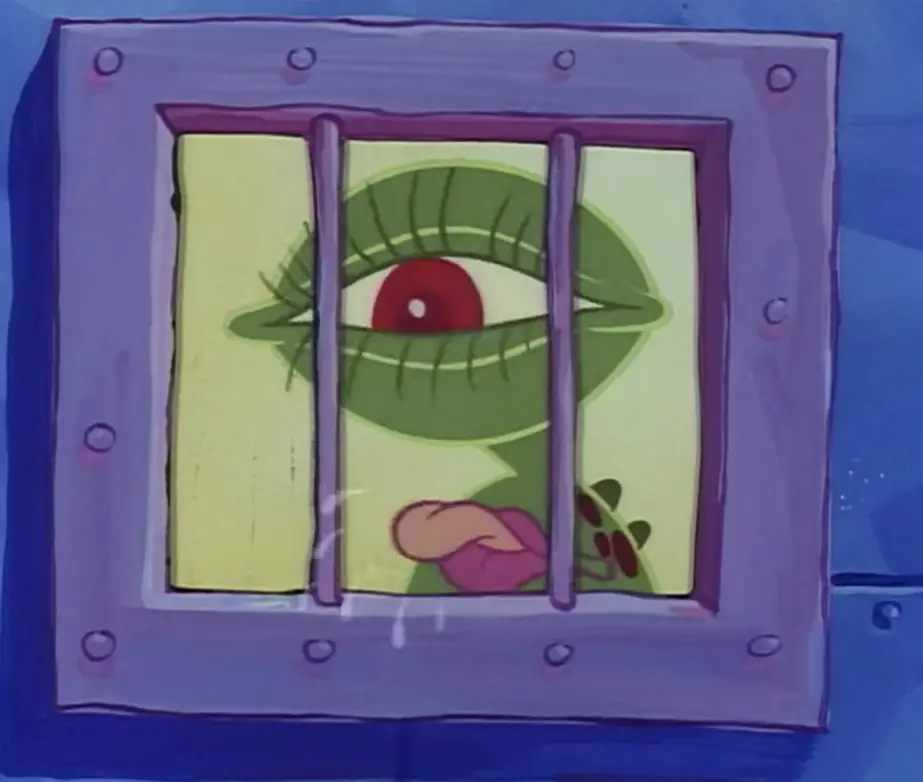For apartment dwellers, people with HOA restrictions, etc
What easy steps can we take to live solarpunk?
- go vegan
- buy second hand
- reapir things you own that broke
- switch to some sort of green electricity
- small scale indoor gardening of som herbs, tomatoes or other similar plants easily grown on a balcony or within the kitchen
- political action like local protests or even better get elected
- volunteer work in some sort of progressive charity
- organize a tenenant union or become active in the hoa
There is plenty more, the key is to make the world better and not try to make it perfect. A lot of usefull action is community driven and in those roles you can have a much much bigger impact then by just changing your own way of life.
Remember, aim for 1% better, it’s small, and yet still better! Then you will do 1% better again later and again and again
“switch to some sort of green electricity” where do I find this switch?
Some regions allow you to choose your electricity provider, which allows you to buy certificate based “green” electricity. Then there are small scale solar installations, which might work or even large scale ones, if you own it within a hoa.
My town provides this option - including various shades of green energy. We’re currently on “100% green” but like 40% from burning garbage at the landfill for power generation. This year they gave the option to do entirely solar but I haven’t gotten around to it yet.
I’ll admit I don’t know much about how they allocate power (sourcing or distribution). I always figured my electricity was coming from the same pool as my neighbors regardless of the sourcing I was paying for, but if I can encourage my town to switch to green energy faster, that seems worth doing.
@JacobCoffinWrites @MrMakabar sometimes electric providers will have an option called “voluntary green pricing” - essentially an opt-in program where you pay slightly more, but the utility uses that extra money to buy more renewable energy than they would otherwise
Ride a bike :)
Keep plants at home. Some of them are really good at keeping your air clean, and having green, living things around helps support mental health which is one of the most punk things a person can do right now, heh.
Here’s a list of plants that are especially good air scrubbers with info like toxicity to people and pets and how often to water them: https://www.healthline.com/health/air-purifying-plants
It might sound reductionist, but start with the basics, and realize that a lot of people do the basics wrong. The basics are:
- Reduce
- Reuse
- Recycle
In that order. That’s the part people screw up the most. They want to start with recycling, then move to reuse, and THEN reduce. In addition, there’s also
{:start=“4”} 4. Renew
In which you take into consideration replenishing the earth with the resources you’ve consumed.
It’s not perfect, but in the US some states (more each year) have community solar programs. I work for this one, but there are a number of similar companies you may subscribe through: https://www.commonenergy.us/
Guerilla gardening
Guerilla gardening is find a scrap of land that’s being wasted and turn it green, in the hopes that whoever owns it won’t care or can’t be bothered to tear up what you’ve planted.
Whatever it is that you plant, if you intend for it to be a source of food or shade, you should intend for it to be permanent, and able to survive without your continued care. Ideally fruit or nut trees, berry bushes if trees are not an option and if all else fails perennial vegetables, herbs or flowers. Even something as simple as clover is going to help your local pollinators. Time is a big factor. Do you expect your plants will last a season? Will they get dug up next year? You don’t want your effort, or these plants, to go to waste, so don’t commit a row of fruit trees to the earth when you know soon enough they would be destroyed mindlessly. If all you’ve got is a summer, go ahead and plant annuals. Throw down those tomatoes, plant some corn. Be showy, so the locals begin to realize what could have been.
Regardless of how long you expect your gardening to last, how you go about it is another key idea. There are two simple ways: you belong there, or you were never there.
You Belong There:
This is an easy enough outfit: jeans, work boots, and a reflective vest will keep most people from second-guessing you. If more than one of you are out and about on a piece of land, try to match your shirt to add even more legitimacy. Cap this off with a truck and some equipment and you’ll be virtually invisible to anyone. Make sure one of you is doing all the work while the other lounges by the cooler with some Oakleys on.
You Were Never There:
Obviously enough, here you’re trying to not be seen. Plant at night or in a secluded area. Guerilla gardening doesn’t mean you’re just taking over a median or a patch of grass beside an exit - you might be taking advantage of extant green space, as well. Say you’ve got a patch of park that’s disused, and nothing but grass? Make it worth the space. And again, it doesn’t have to be an orchard to be successful guerrilla gardening. Red clover can go a long way toward improving soil, and helping out the area bee population.
If you’re planting near roads or industrial areas, it’s best to test the soil before you try to plant anything edible. If the soil is in question, there are a variety of plants capable of phytoremediation - meaning the plant can help clean up the place. Just be sure to pull the plants and dispose of them properly rather than let them decompose in place, thus returning the contaminant to the earth.
One good way for people in apartments to start some sustainable living is regrowing veg whenever you can. I don’t necessarily mean container gardens/etc, but using veggies from the store to grow new ones in water trays left on the windowsill. There’s lots of guides online!
Keep in mind that this is in your house and can’t be affected by any right-to-garden laws, but I have heard of certain brand name veggie companies wanting to make it illegal. :) What they tend to do is trim off all that root fiber to make the veg “prettier” and thusly it can’t regrow. Or they deliberately make sterile crop, but that’s a whole other bucket of worms. Pick your veg wisely, especially from a farmer’s market if you can!
smol garden, stop shopping big box where possible
I had an idea I wanted to share, in my town we have food coops, which is small group of people who band together to get local produce from farmers, with a focus on it being sustainable too so I‘ve seen they even go with bikes to get it. Though you have to contribute in work too, but it‘s probably better than the stuff in supermarkets environmentally.
I heard about this and thought about joining but been too shy so far, maybe this will finally push me to go apply.
I wanna start foraging, especially because it’s mulberry season where I live, but my tiny apartment kitchen is tiny, and I don’t have nearly enough space for all the gear to preserve the foods, nor the freezer space. What I need is a community kitchen, where I can borrow space and equipment. Shit, I might need to start another post on the community kitchens and/or their being analogous to tool libraries and communal workshop space.
Join a composting co-op if you don’t have room to compost. Mine is a couple bucks a month, and they pick up the compost bucket every other week. Twice a year I can get back processed compost ready for my backyard garden. As a city-dweller with a very small yard and no space to compost, it’s been fantastic.
Use as much of your food as possible (ex: beet greens, etc.) and compost the rest. Composting doesn’t have to be fancy: piling stuff in a heap somewhere works! If you’re an apartment dweller, you can buy or make a bin.
More info: https://www.epa.gov/recycle/composting-home, https://www.bobvila.com/articles/indoor-composting/Depends where your skills and interests lay but maybe consider making the coolest window box you can grow small leaf and herbs in to add to your cooking.
Maybe even consider starting plants to the stage they’re ready to plant out and find someone with shared interests local who has a garden.
Join (or start) a community garden
- Fermenting food instead of throwing it away.
- Using renewable energy suppliers if they are available in your apartment.
- Using Bokashi to compost.














